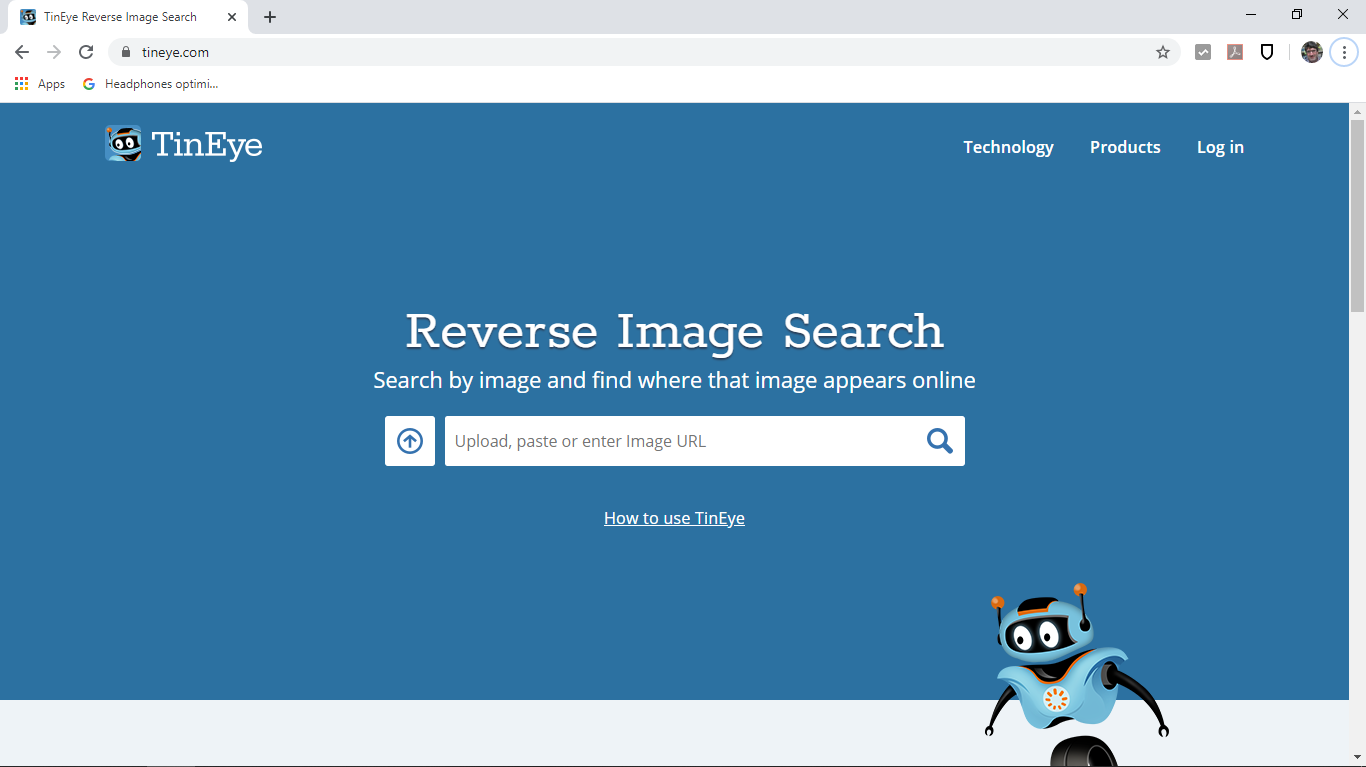Originally published: 28 April 2009 — updated: 4 June 2009
You may want to establish an Internet-based friendship with someone who lives a long distance from you or dabble in the Internet-based dating and relationship game.
The main problem is that, with the Internet, there are many different pretenders out there. They will use “faux foreign language” and names peculiar to particular ethnicities to impress those who are looking for people from a particular ethnic background like a Continental European background. Pictures that they supply may not portray who they are. For example, they could be lifted from other photo collections or “photoshopped” to make a person appear older or younger, of a different race or at a different location. As well, the details they make available don’t match to whom they are.
The main group of people who are easily deceived by these pretenders are typically lone people, especially lone young women who are looking for a full-time relationship.
It would certainly pay to do your homework about the prospective Internet-based correspondent. If they send pictures, pay some attention to the detail and look for signs of alteration or inconsistency in the pictures. You can detect the “foreign-language” pretender by being or knowing someone who is familiar with the foreign language and looking for inconsistencies with the way they write the language.
Another good practice would be to send a postcard or letter through the post to them and have them send a postcard or letter to you through the post. You can then check for the origin of the postcard or letter by looking at the stamps and the postmark. The stamps will typically be priced in the country-of-origin’s legal tender and the postmark will have information pertaining to where the letter was posted from and when it was posted. These are protected by various laws that govern the operation of the country’s postal system and the country’s anti-counterfeiting laws.
This is a step that will need to be taken if you or they are considering travelling to meet up. It can avoid a situation which happened to a close friend where they flew to the USA to meet an American friend whom they had been in regular conversation with over the Internet. They had arranged to meet each other at the airport in the USA but the American friend didn’t show up to meet the close friend.
Similarly, it may be a good idea to engage in a voice conversation using either the classic fixed / mobile telephone service or VoIP (Skype, MSN Messenger, etc) in order to ascertain whom they are. This allows you to identify whether their voice matches the picture that they have provided by virtue of gender, age and native accent or whether they are proficient in the language they profess they are proficient in.
It also pays to visit government Websites that deal with romance scams because these sites can provide information about handling the Internet-based liars that are part of these scams.
For children, it is important to have their parents and/or another trusted adult “in the loop” when they establish an Internet-based friendship.
If we can work together to make it hard to be a pretender, then the crime rate for crimes involving the Internet like child pornography and immigration offences would reduce significantly.




similar to what we talked about!!! you could also add that another way of communicating on the internet these days is with programs such as skype! talk to people! a voice makes it easier to get an idea what a person is like!
I am very careful anymore with people I meet online. I do my homework and make sure they are a real person before I let them know any personal information.